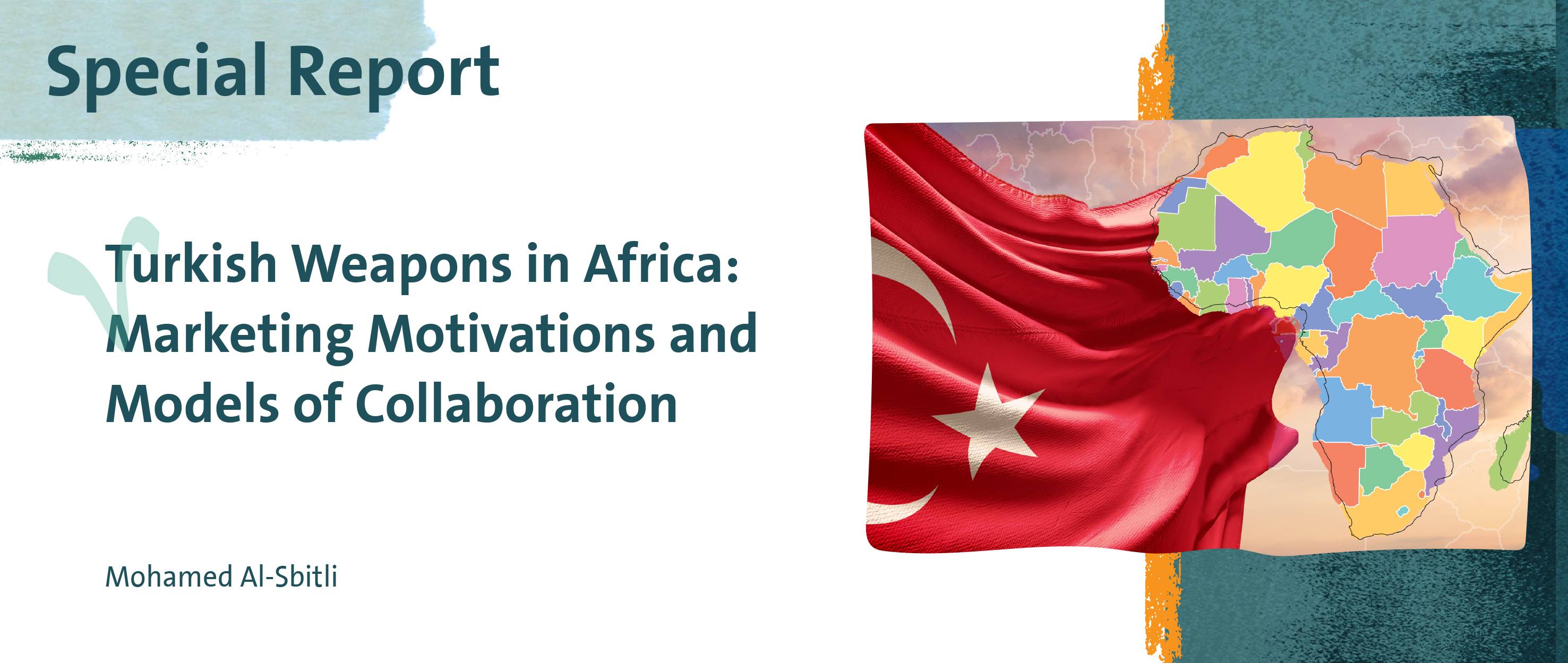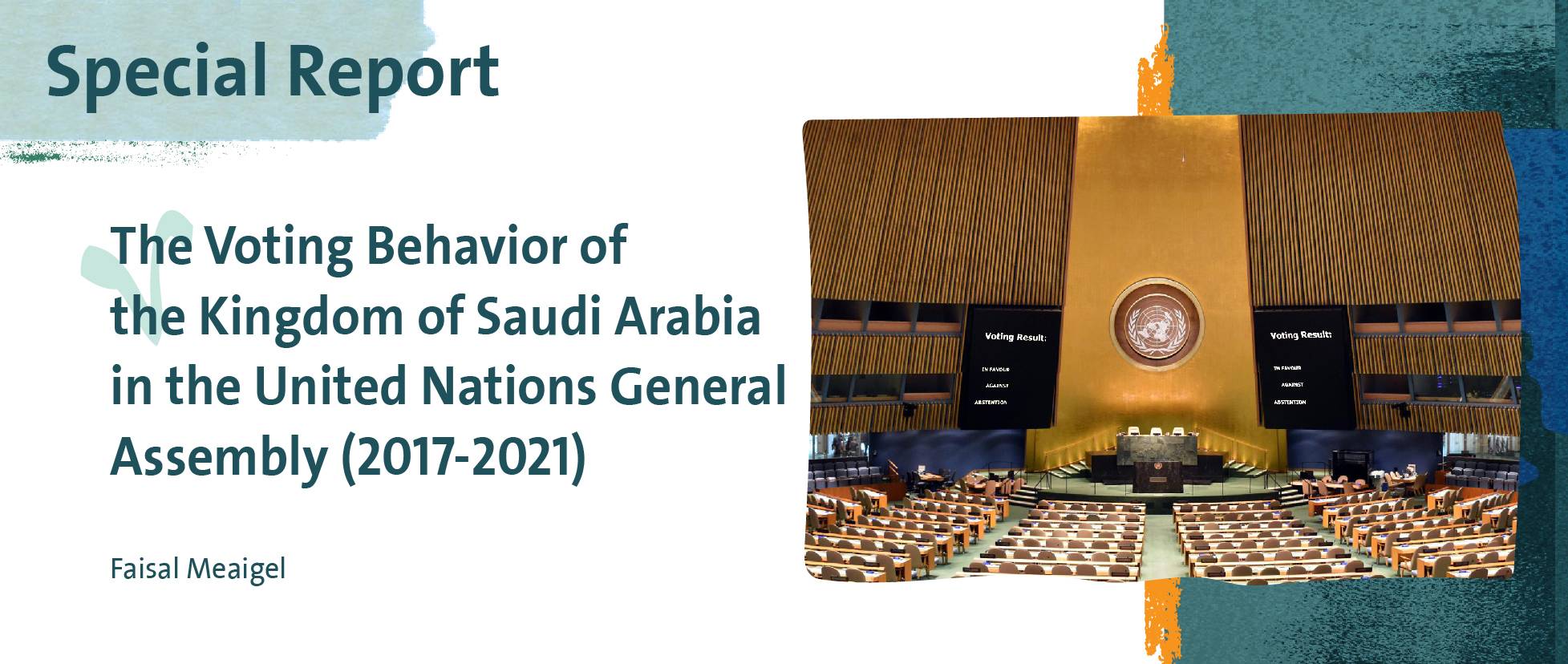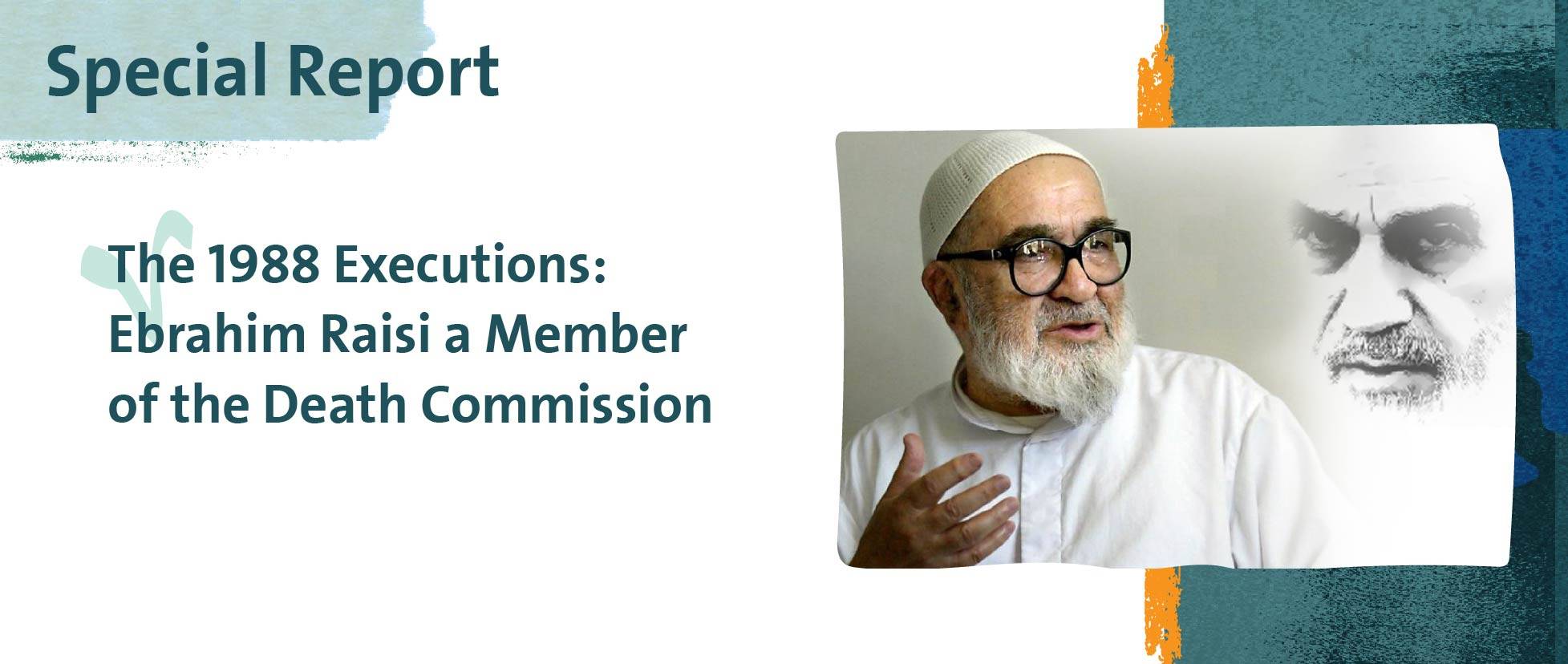Special Reports
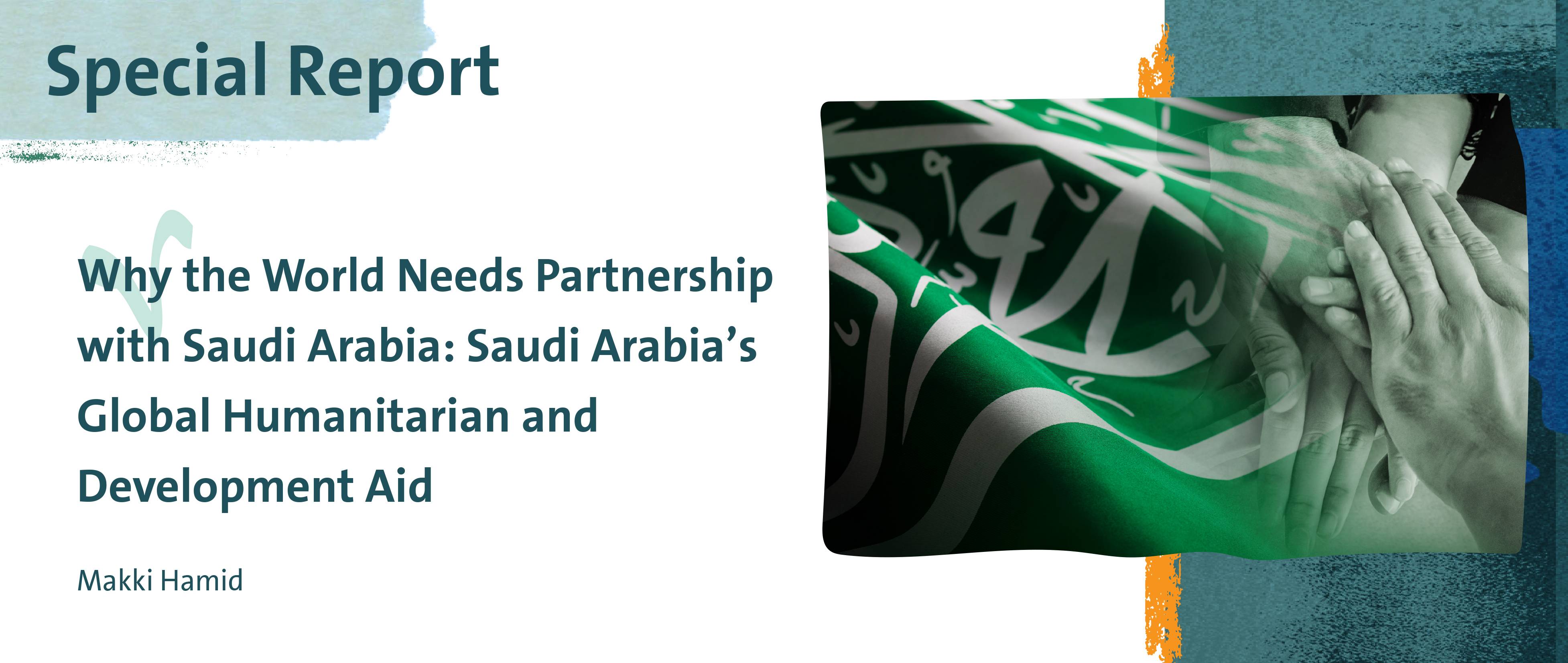
Number:
Author: Makki Hamid
This paper will shed light on the Official Development Assistance (ODA) provided by the Kingdom of Saudi Arabia (KSA) to developing countries worldwide. The KSA has contributed significantly to the well-being of many developing countries. However, for quite some time, such valuable assistance was not publicized enough in the media nor reflected in international aid platforms.
This paper discusses KSA’s aid in detail, outlining the various categories of aid, where it is dispersed (by country and region), to which sectors, and how it has evolved over time. Moreover, it covers KSA’s assistance to developing countries in their quest to reach the Susta
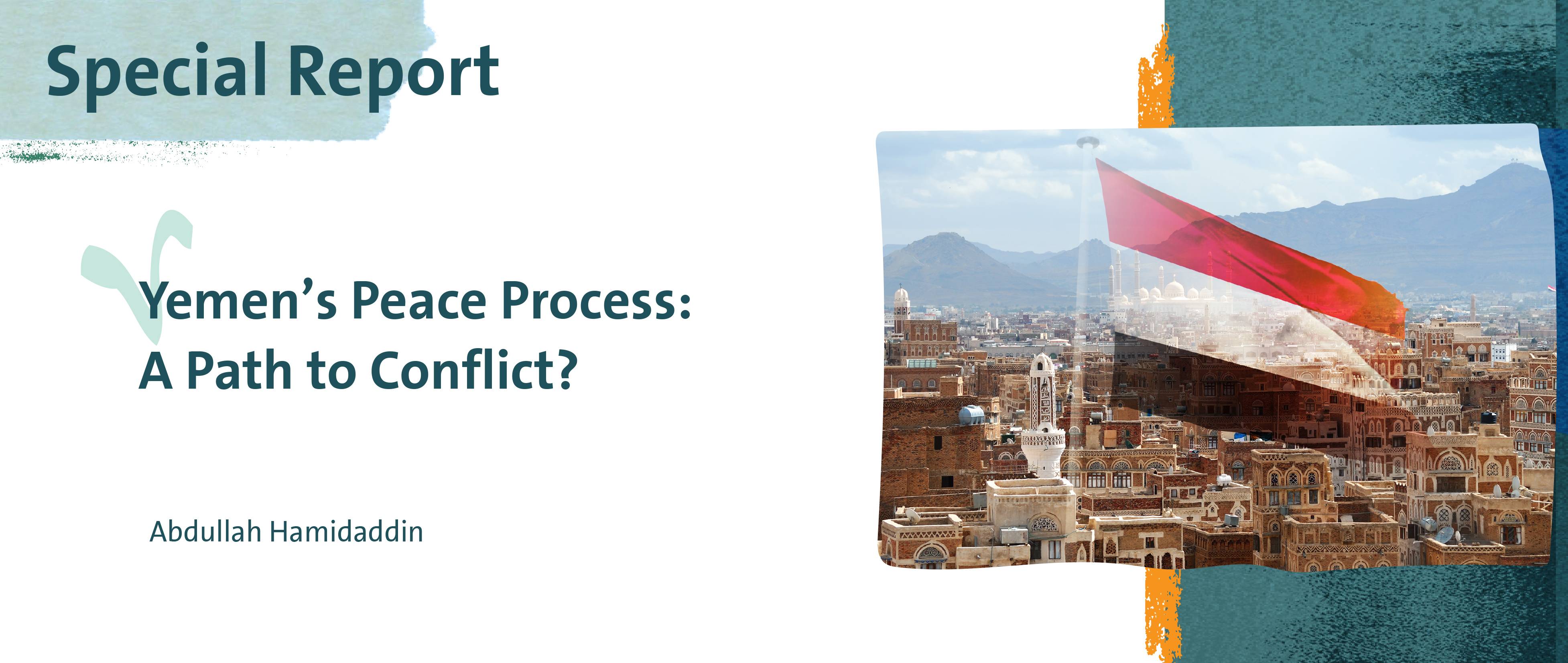
Number:
Author: Abdullah Hamidaddin
This paper considers the various risks to a sustained peace in Yemen and the possibilities of a continuation of the conflict by other means, focusing on factors that may be unintentionally generated by the peace process itself. These factors include the quest for inclusiveness and transitional justice, both of which have the potential to legitimate and institutionalize conflict-generated fault lines and identities, creating new obstacles to stability and expanding the field for contentious politics amongst the powerful, incubating new militant expressions of grievances. The paper also focuses on a risk that is not given sufficient attention, namely dehumanization, which has inte
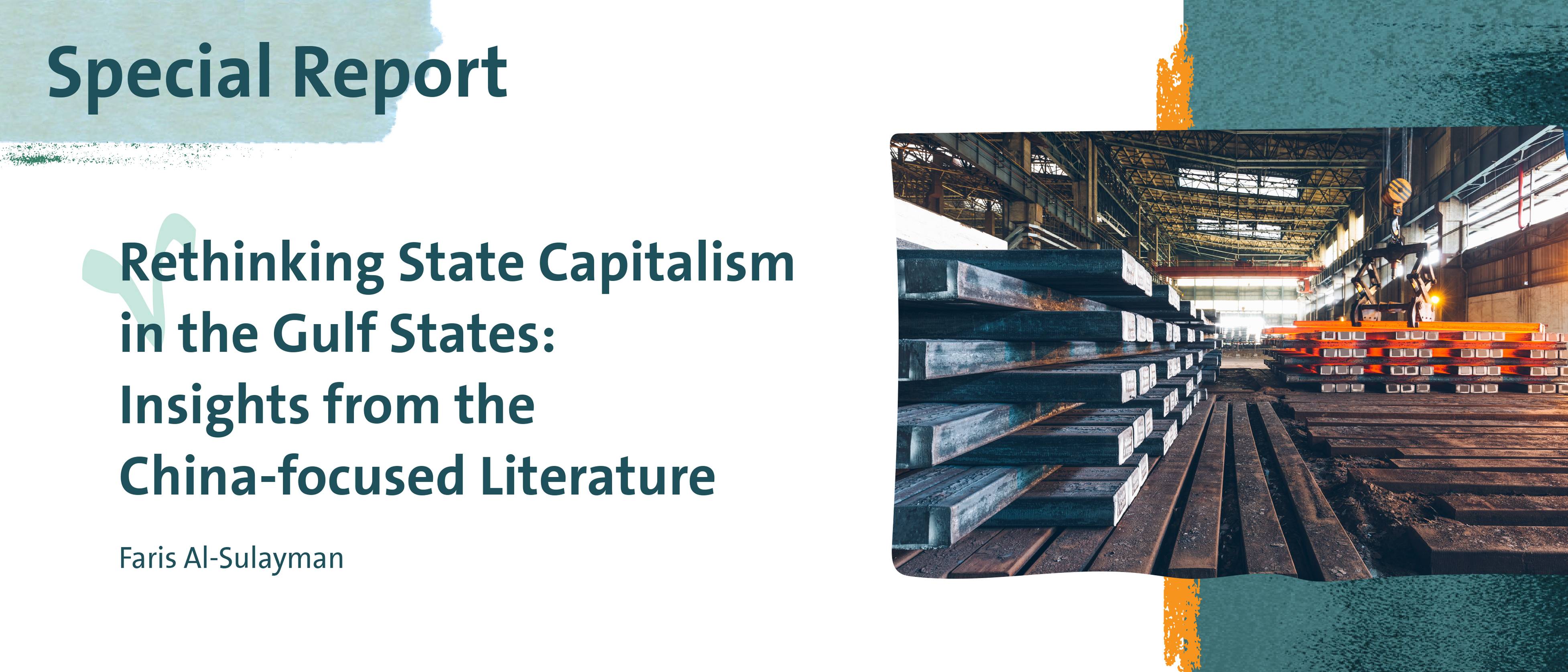
Number:
Author: Faris Al-Sulayman
As the global economy transitions away from fossil fuels, the six oil producing rentier states of the Gulf Cooperation Council (GCC) have sought to diversify their dependent economies away from this resource and develop industrialized and knowledge based economies. Though much attention has focused on neoliberal pathways of development, beneath the surface new state capitalist modes of development have been deployed, sometimes resembling models deployed in other state capitalist economies, and sometimes in different and novel ways. In the UAE and Saudi Arabia in particular, new modes of state capitalism have emerged, with the state increasingly assuming a role as an investor of
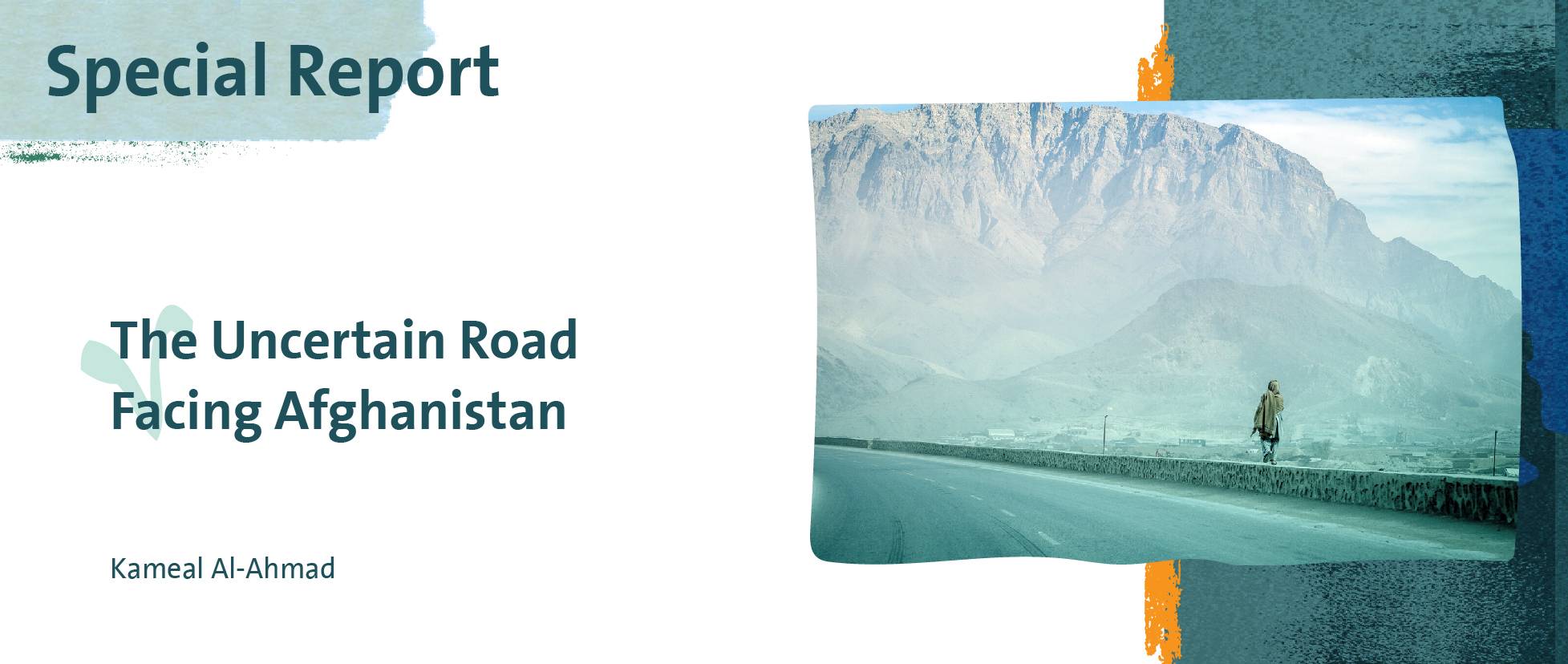
Number:
Author: Kameal Al-Ahmad
Afghanistan became the spotlight of almost every news outlet as the world looked in bewilderment at the disorderly American withdrawal. Despite all its political and military might, the United States largely left empty-handed, as tangible results are hard to find on the ground in Afghanistan. The war that, after over $2 trillion spent during 20 years of occupation, many believed “endless” has indeed come to a stop, leaving a disastrous predicament poised to worsen in the near future. The swift fall of the Afghan government and the Taliban’s shocking return to power signals looming catastrophe, chaos, instability, and a humanitarian crisis with implications far
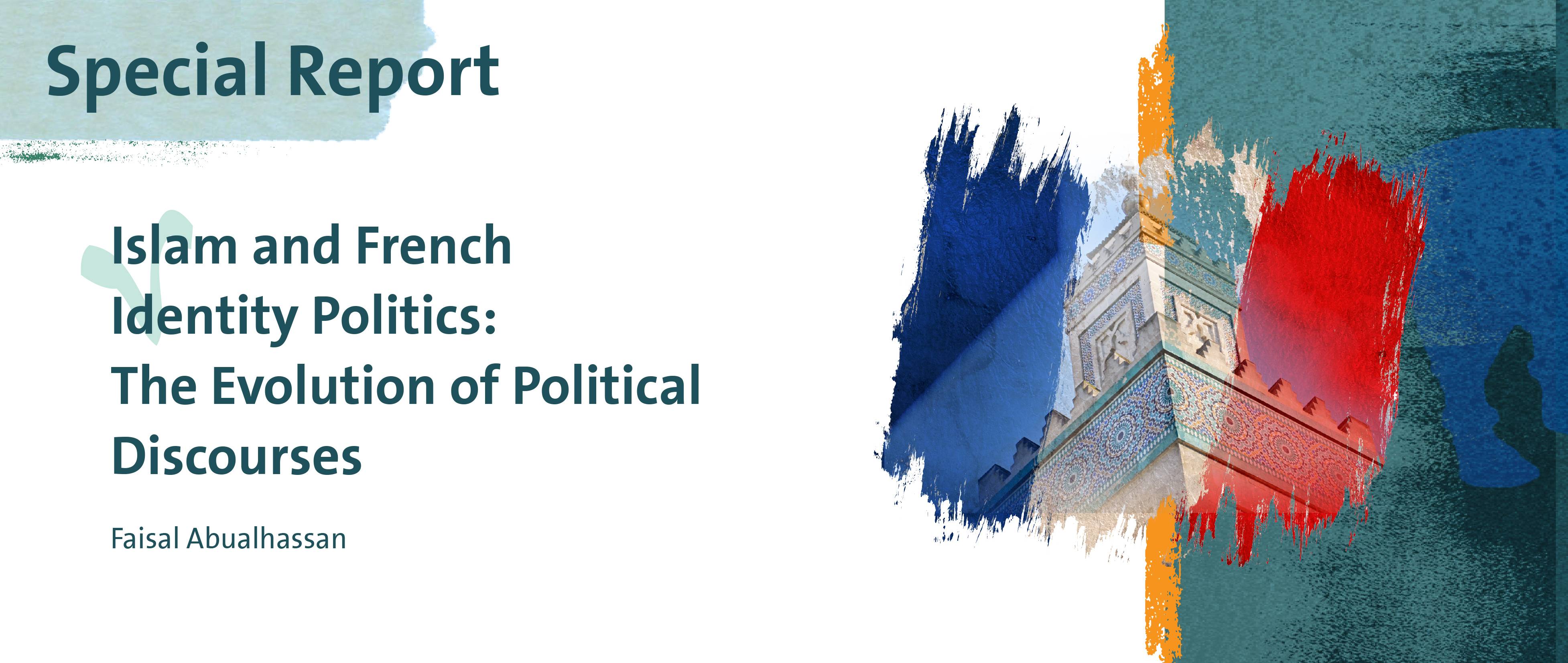
Number:
Author: Faisal Abualhassan
The French state’s response to demands from segments of the population descended from North African and West African immigrants has increasingly been framed by the discourse of the twenty-first century’s global war on terrorism. However, the exclusion of certain segments of French society viewed (solely) as “Muslim” is the result of various failed projects of the French state itself. This commentary, which follows a previous study by this author into laicite (secularism) and the French Muslims of colonial Algeria, will first briefly discuss the evolution of the French state’s relationship to immigrants from North Africa following the end of
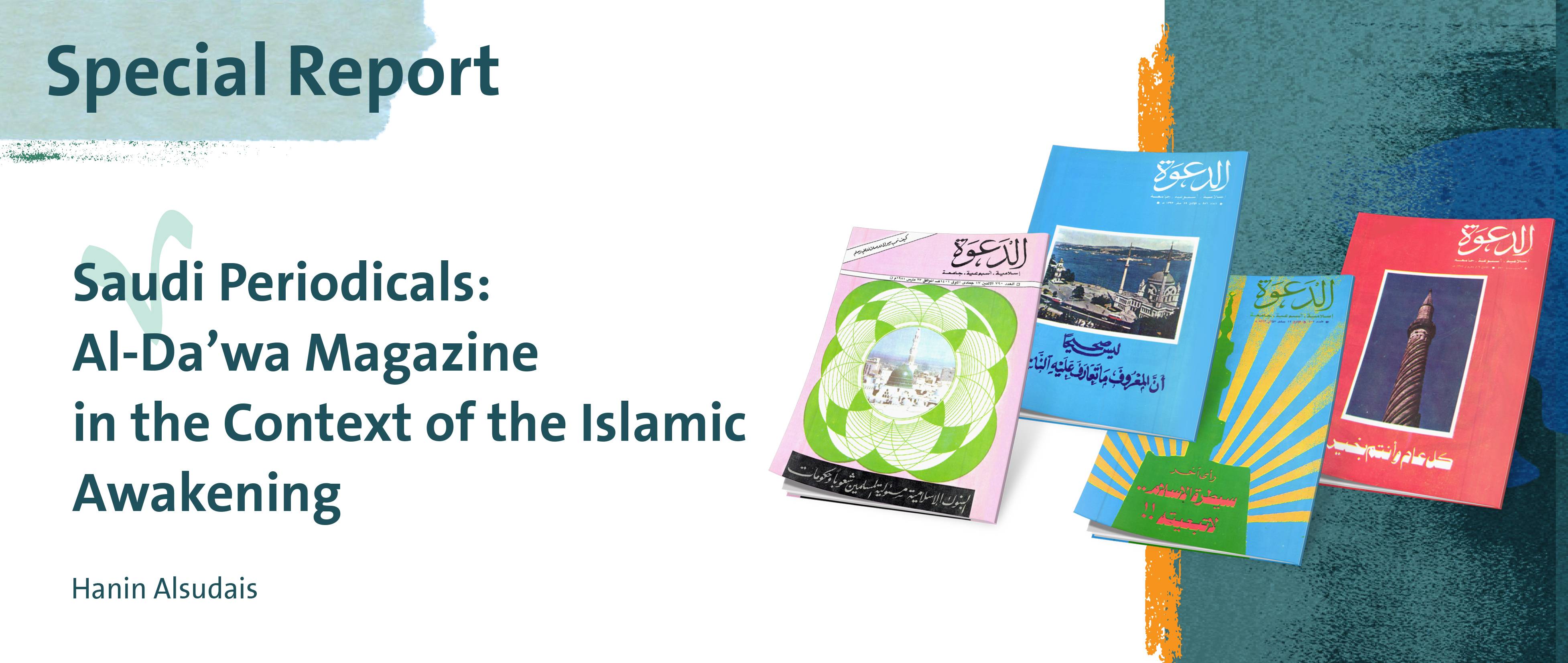
Number:
Author: Hanin Alsudais
The expansion of the public sphere in Saudi Arabia in the 1950s and 1960s led eventually to the creation of al-Da’wa, establishing the foundation of Islamic journalism in Saudi Arabia. A newspaper that converted to a weekly magazine in 1976, al-Da’wa used modern media and a traditional salafī approach to Islam as a way to influence Saudi society from its founding on through the 1980s and 1990s. This report examines al-Da’wa’s promotion of the Islamization of social life, its perspectives on intellectuals and Islamists, and its take on the question of the role of women in society. In the 1980s, al-Da’wa served as a forum for the expression of tensi
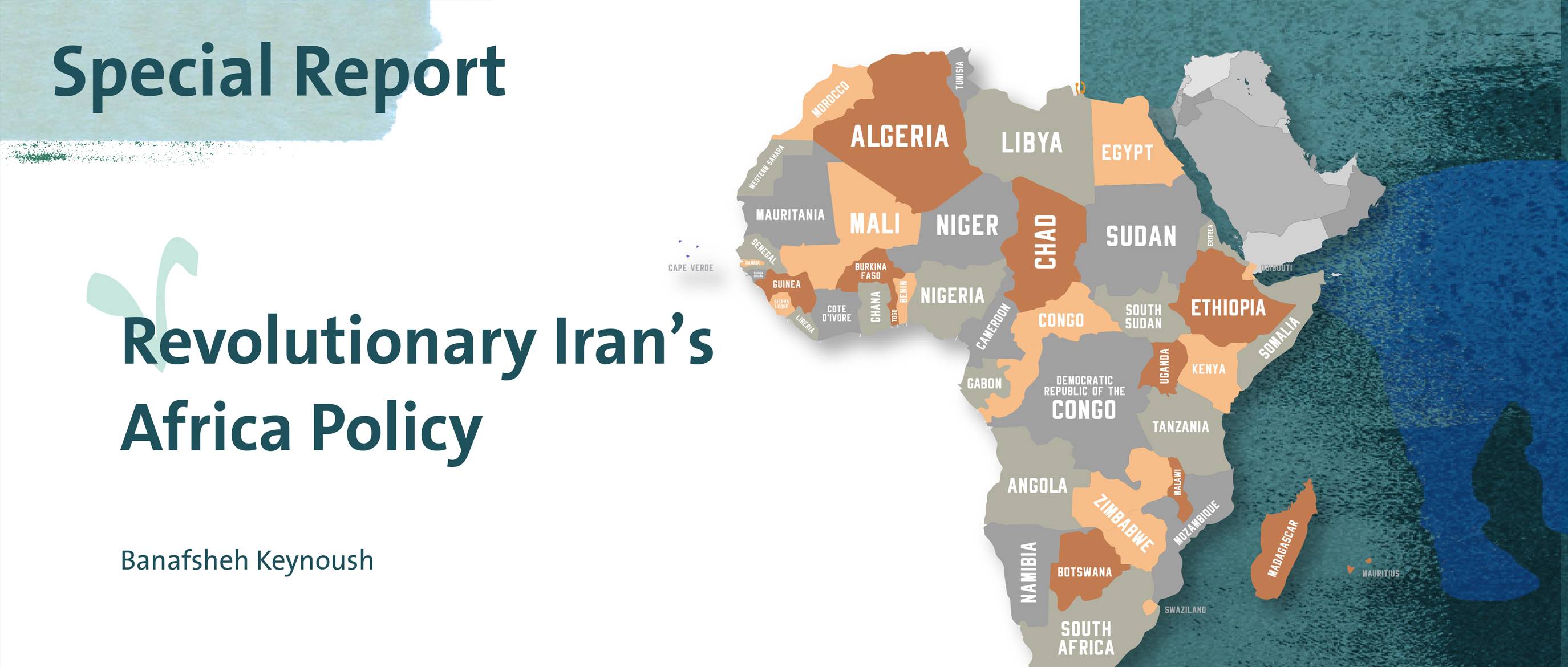
Number:
Author: Banafsheh Keynoush
Iran has built piecemeal influence in Africa through frequent diplomatic, political, security, maritime, commercial and cultural exchanges. Its policy towards the continent was historically driven by expediency and aspirations to export its revolutionary worldview; however, its adoption of an Africa pivot policy was also in response to the need to fight sanctions and isolation – by building partnerships with state, sub-state and non-state actors on the continent. Iran’s Africa policy has led to a host of policies both constructive and divisive; the purpose of this report is to investigate how the continent views its ties with the Islamic republic and identify challen

